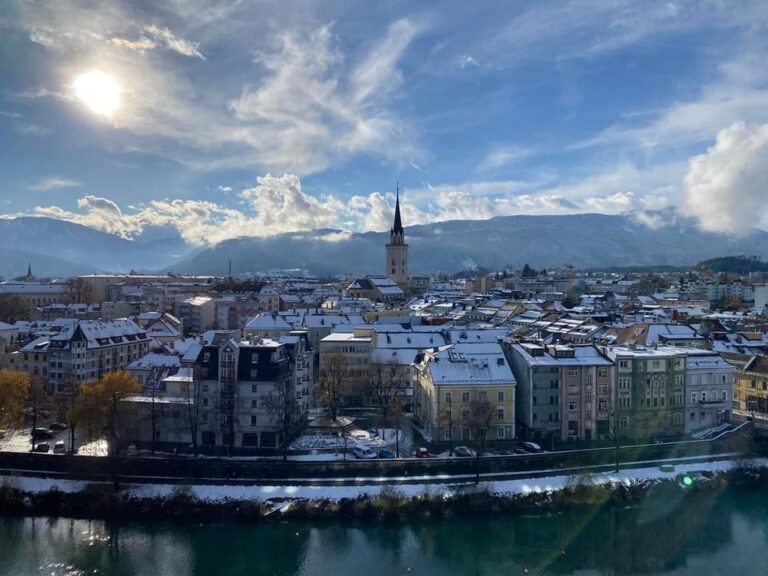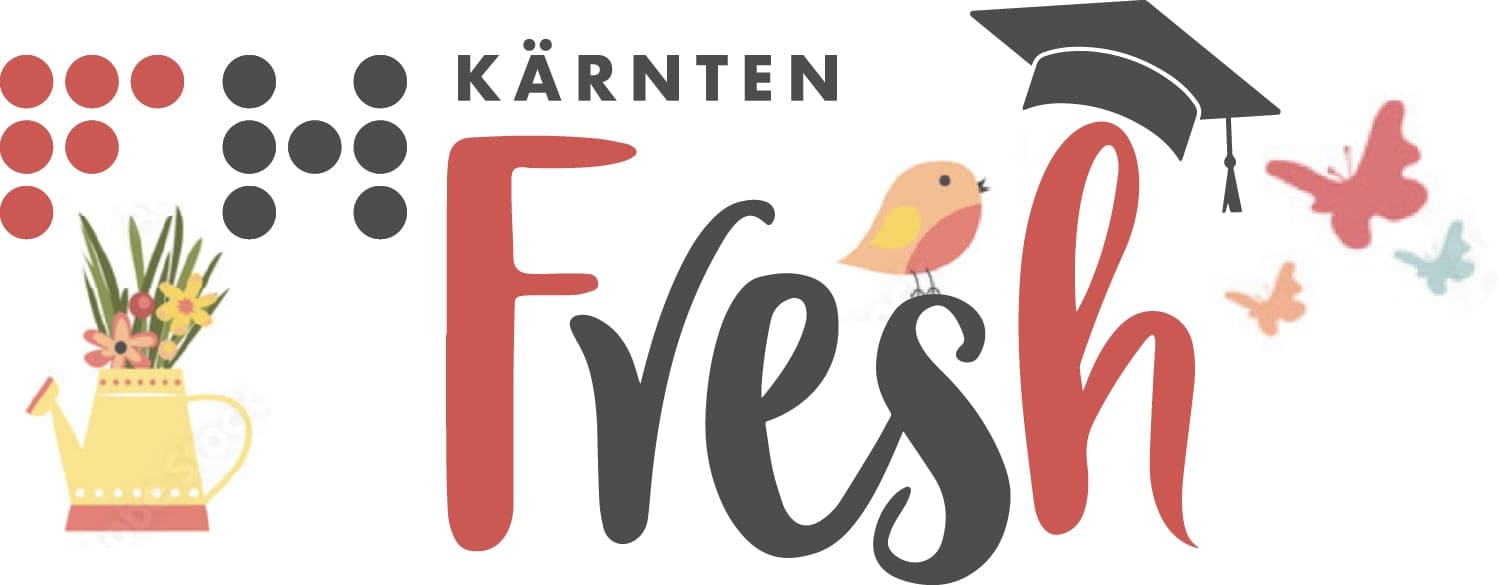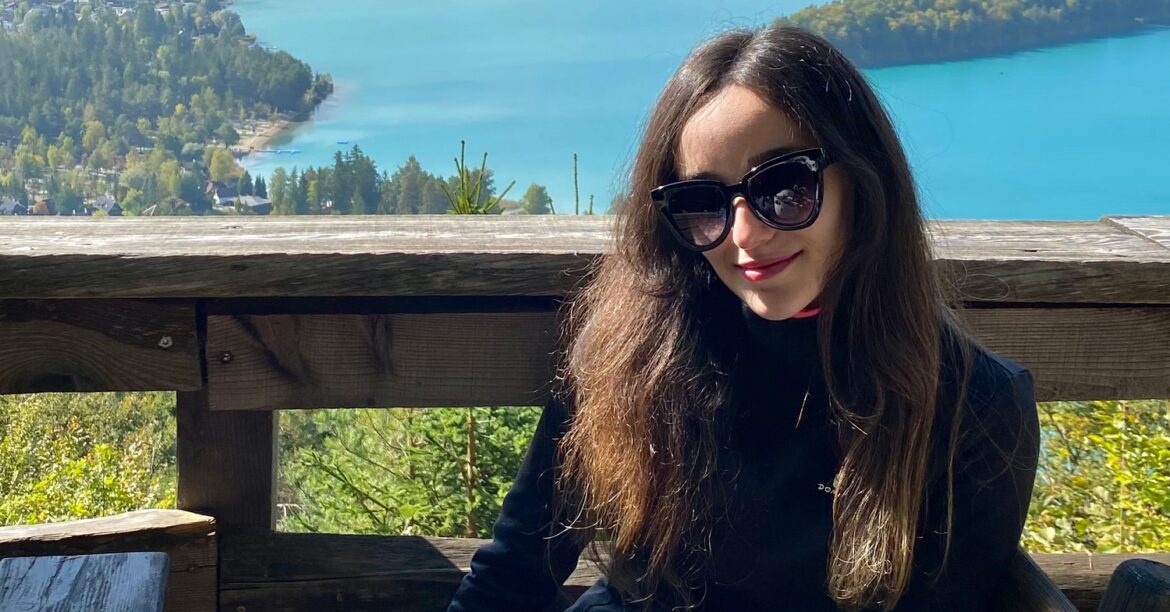Roberta Azevedo Silveira from Brazil
International Students
Be inspired. Study better.
Roberta Azevedo Silveira from Brazil and scholarship holder of the Ernst Mach Grant for students from non-European countries is studying “Intercultural Management” at Campus Villach – here’s what she’s saying about her experience.
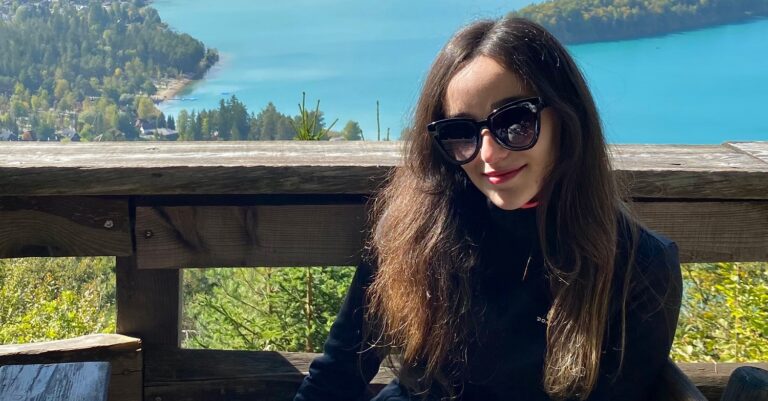
- Roberta Azevedo Silveira
- Country of origin: Brazil
- Study Program: Intercultural Management (Bachelor)
- Duration of Stay: 2 semester
What did you expect before coming to Austria?
Before coming to Austria, I expected to see beautiful landscapes and outdoor activities. My expectations were exceeded, since Austria is an extremely adventurous place with diverse nature.
I also expected everyone would speak English. Since I have chosen to study in a small town, most people do not speak English, which was a challenging experience at first. However, that has made me put more effort to learn more German and practice with the locals. I also had the idea Austrians were unfriendly with foreigners. However, everyone was very amiable and welcoming.
How did you found out about Ernst Mach scholarship? And CUAS? Woult you have come to Austria without the scholarship program?
I have found out about the Ernst Mach Scholarship through two friends who applied in the previous years. They had also chosen to study Intercultural Management at Carinthia University of Applied Sciences (CUAS) and told me everything about the program, especially on how consistent the course is, which made me become very interested in studying here.
The practice oriental approach offered by the institution is a method I was looking forward to experiencing, since I do not have that at my home institution. So, after making some research about CUAS and the Ernst Mach Scholarship, I decided to apply right away, which was one of the best decisions I have made so far. Being granted by this scholarship was important to help me achieve what I was looking for and without the funding, this opportunity would not be possible.
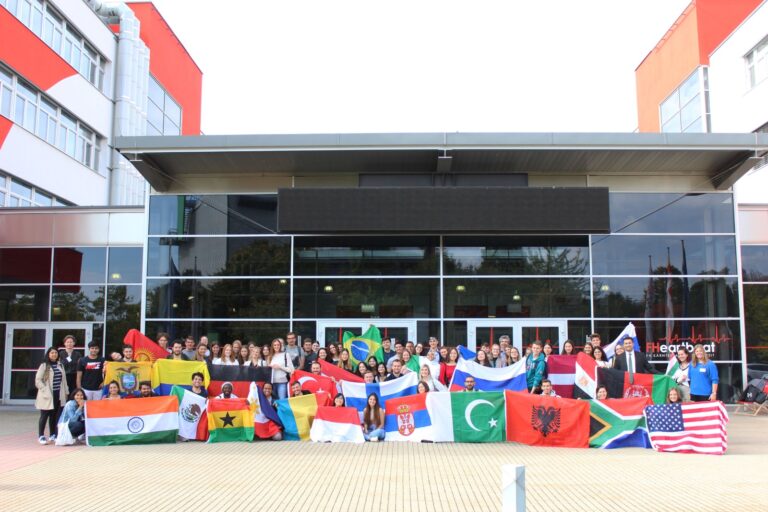
How do you cope with the studies at CUAS? Was it challenging for you and if yes in what way?
Studying at CUAS is a challenging experience. We are constantly pushed to speak up, improve our communication and intercultural skills. Since it is an international program, it can sometimes be challenging to work with people from different backgrounds, who have such different opinions and views on many topics.
However, after just 2 months since the program started, I can already say I am a completely different person since I came here. The classes have a practical approach, and we are constantly working in small groups, which helps us improve our English through presentations and debates.
It might seem intense; however, I can easily cope with my studies by always keeping up with my tasks by building a schedule with my study plan and asking the professors for help when necessary. The professors are always open to talk and help us on any doubts we might have.
What is one difference between education in your home country and education in Austria?
The education in Austria is very different than the one I had in Brazil, my home country. In Austria, the University of Applied Sciences is focused on blended learning, which promotes a bigger interaction and an easier learning method for students. Besides, we are constantly encouraged to show our opinions on different topics, which improves our technical, behavioral and social skills. Another important aspect I did not have in my home country, is the presentations and debates.
Those tasks allow us to expand our knowledge in the topic and our abilities of communicating, working and debating, which is a fundamental quality when looking for a position in the job market in the future. At CUAS, we also have homework after every class, which is something that helps us keeping up with each subject. Therefore, CUAS is offering exactly what I need to complement my studies.
How do you get to know Austria in your free time?
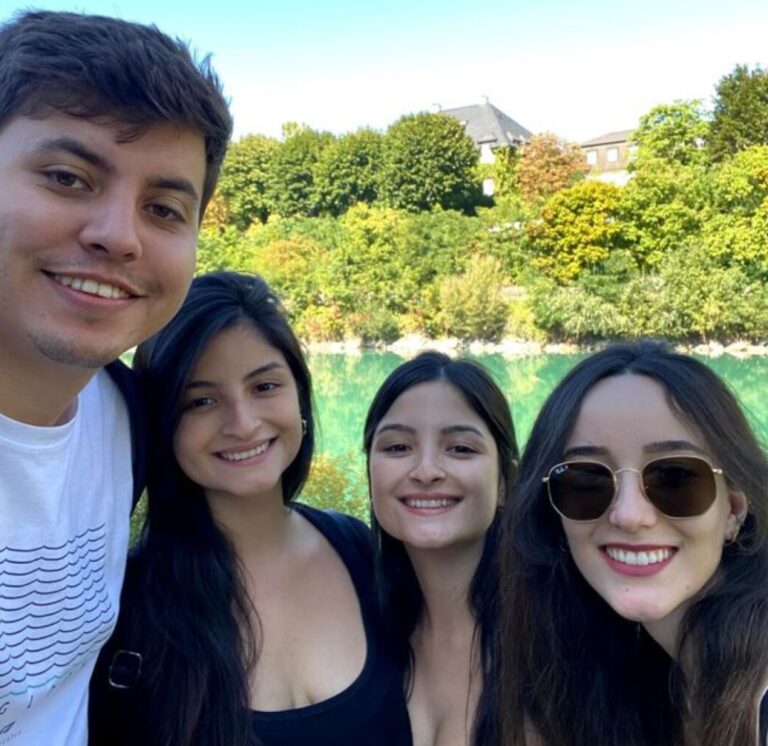
In my free time, I usually explore Carinthia with my friends from CUAS. We are always trying traditional Austrian food and getting to know the Austrian culture.
The region of Carinthia is surrounded by mountains and has a lot of outdoor activities available. So, I am constantly looking for new hikes and where to ski around the area.
What was the hardest adjustment you had to make?
Ever since I came to Villach, I knew there would be obstacles in my way. Being away from my family has been the hardest adjustment I had to overcome. Since it was the first time alone in a new country, I also had to go through a lot of challenges.
Looking for accommodation, the procedures of opening a bank account, not speaking a lot of German and not knowing anyone in town were very challenging experiences for me. Luckily, after only a few days, and with the help of the “International Relations Office” at CUAS and the friends I made from class, I could manage everything.
What was the most interesting thing you learned about Austrian culture?
I was positively surprised by how Austrians enjoy riding their bike as a hobby, sport, or as a means of transport in the daily life, which is a great, cheap and environmentally friendly way of transport that I also started using here.
I was also very surprised by how safe Austria is. I live in a country where safety is a big problem, so being able to walk freely even in the dark has been a very good experience for me. I was also surprised by how seriously Austrians take their day of rest (Sundays), since no stores, pharmacies or markets are opened.
I also believed Schnitzel was the only traditional food in Austria. However, I was surprised to know Austria has hundreds of must try dishes. The traffic regulations are also strictly respected here, which is something that differs a lot from my home country. Lastly, I was surprised by how open and welcoming the Austrian people are. We generally have the idea that German speaking people are more serious and closed. However, Austrians are usually always willing to help and are very warm people.
